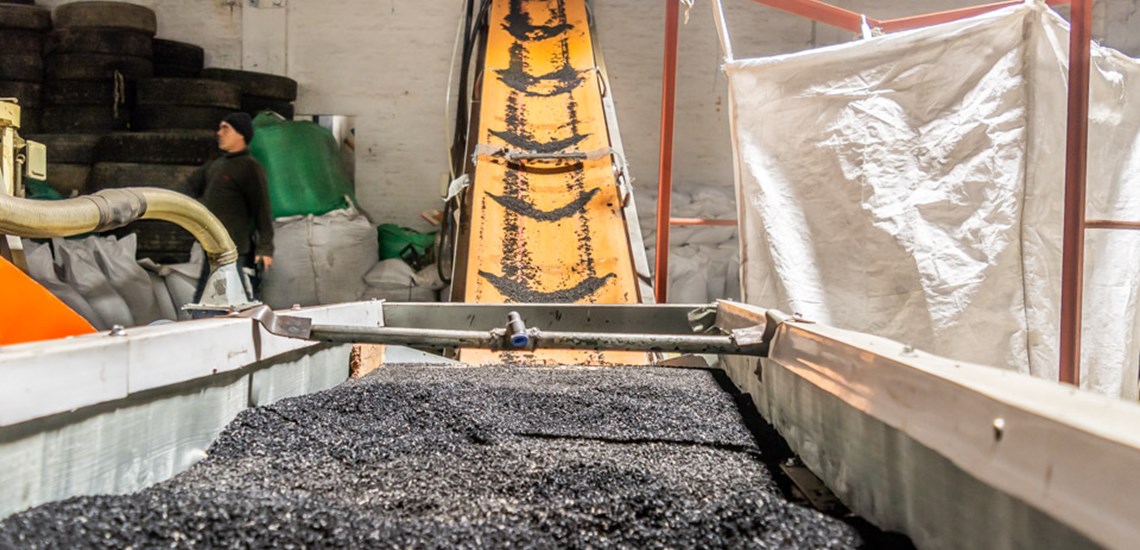Uruguay leading the way in tyre recycling in South America with GENEU.
Tyre arisings are a global concern, and around the world, different countries take slightly different views on how tyres arisings are managed. The dominant process is usually some form of Extended Producer Responsibility (EPR).
In most countries adopting EPR, there is a dominant scheme, usually for the benefit of the leading tyre manufacturers – Michelin, Bridgestone, Continental, Pirelli etc. These EPR schemes cater for the tyre arising responsibilities of their members. They do not usually cater for the tyres imported by smaller manufacturers or by agents and distributors. These other importers or manufacturers still need to find a way of meeting their producer responsibility. That is often through one or more smaller EPR schemes. We can see this model in Italy, France and Spain, for example.
In Uruguay, the EPR model is the same as in many other markets. The more prominent EPR agency represents the more significant players, and the balance is catered for by a second player, in the case of Uruguay, this is GENEU.
The EPR scheme was established in 2015 after concerns about the spread of the dengue virus, where mosquitoes carrying the virus could breed in stagnant water in abandoned tyres around the country. This was an experience seen throughout South and Central America, and up into the Southern United States.
The Uruguayan government imposed a law on tyre collection and recycling through its Decreto 358/2015. This established the conditions for the creation of GENEU, as the tyre recycling plan under the Centro de Comerciantes de Neumáticos (CE.CO.NE.U). The other approved plan being Reciclonfu operated by Cámara de Importadores de Neumáticos del Uruguay (CINU). The Uruguayan decree was the first of its kind in South America.
If you would like to know more about this story click here to read more


















